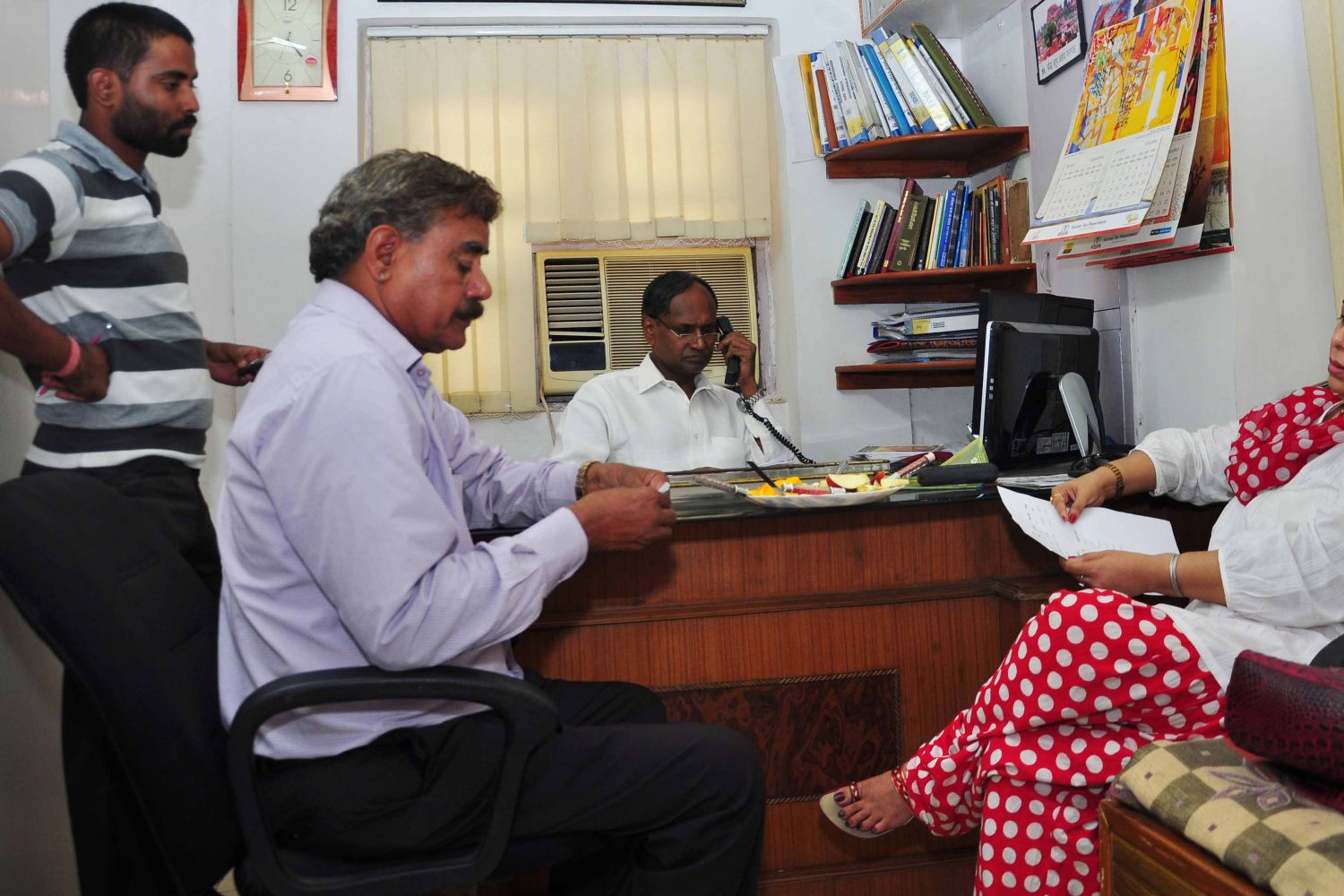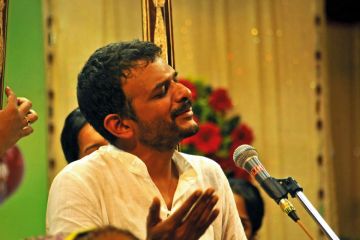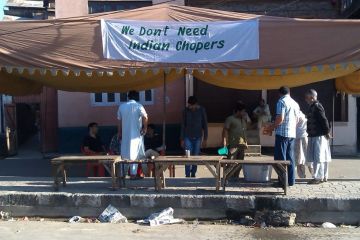
Udit Raj, president of the All India Confederation of SC/ST Organisations, is
a staunch supporter of reservations for Dalits from among Hindus, Muslims and
Christians in the education sector and has hailed the move to introduce
reservations for Dalits in promotions in government jobs in the country. His
fight involves conversion of Dalits to Buddhism, Islam and Christianity for
“mental liberation” from the Hindu caste system, reservations in government and
private sector for the Dalits





